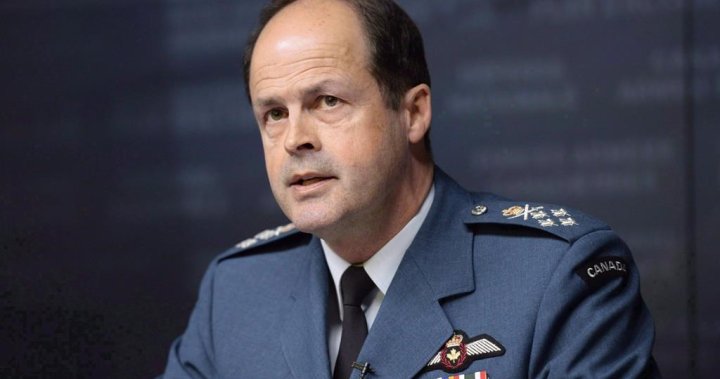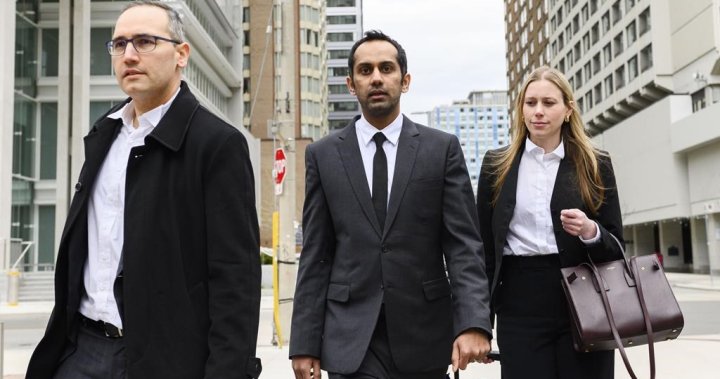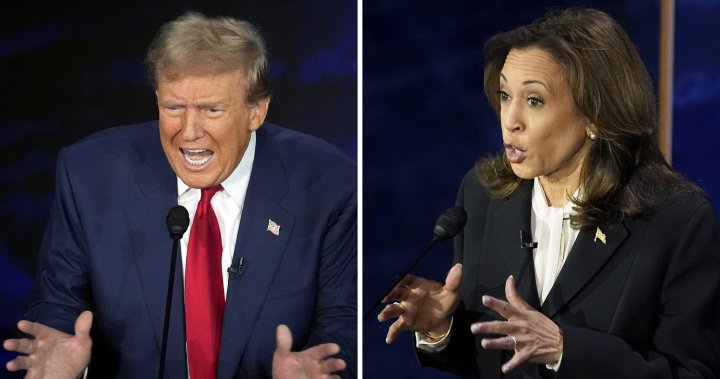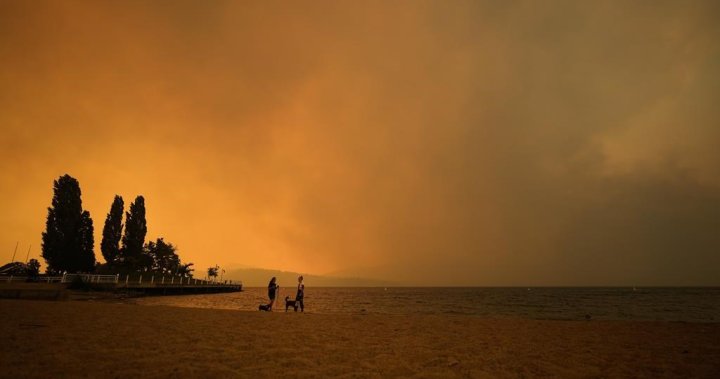One potential solution to the Canadian Armed Force’s recruitment issues is to simply pay people more, says former chief of the defence staff retired Gen. Tom Lawson.
“Nobody complains about what the Canadian Air Forces are being paid, nobody says the Canadian Air Forces are overpaid,” Lawson told The West Block host Mercedes Stephenson.
“So, I think that there’s an opening there to make the armed forces not only okay paid, but remarkably well-paid with remarkable benefits, so that you can compete with any organization, outstrip other organizations out there.”
This comes on the heels of Defence Minister Bill Blair telling Stephenson that the CAF is in a “death spiral” over recruitment issues at the Ottawa Conference on Security and Defence on Thursday.
Blair stressed that the government is committed to spending more on defence.
In Lawson’s view, he sees a pay raise for service members as a solution to two issues plaguing the military — recruitment challenges and being under the two per cent of GDP defence funding commitment as a NATO member.
Currently, Canada’s defence spending is equivalent to about 1.38 per cent of GDP.

Latvian Defence Minister Andris Sprūds, tells The West Block that his country’s defence spending is approaching three per cent of GDP.
The email you need for the day’s
top news stories from Canada and around the world.
With the war in Ukraine now in its third year, and Latvia’s geographically vulnerable position sharing a border with Belarus, Sprūds stressed the importance of more NATO countries hitting the two per cent commitment.
“It’s important because it shows that there is solidarity and threat assessment and understanding that there are common things that we should do together actively. And of course, burden sharing is very important,” Sprūds said.
“It is also about credibility. If we take commitments, we should, of course, deal with those commitments very seriously.”
The Latvian minister adds he is encouraged by trends among NATO members of increased defence spending, saying he believes 18 to 20 of the 32 NATO member countries will reach the two per cent threshold by the end of the year.

Finance Minister Chrystia Freeland will table the federal budget on April 16, with a focus on reigning in spending across government.
While Blair says Canada is committed to meeting its NATO spending commitments he acknowledged Thursday that there are constraints by “the current fiscal environment.”
Gen. Wayne Eyre, Canada’s current chief of the defence staff, has not been shy about talking about the recruitment and equipment challenges the CAF currently faces.
As a former defence chief, Lawson said it is good to see this level of candour from top officials, and says a top issue to help stop the CAF from shedding members faster than it can recruit is ensuring troops have the equipment they need to do their jobs.
“Your morale isn’t really based on what’s happening in Ottawa and strategic decisions. You need to have equipment that works and an ability to train or deploy, to ply your trade. If you can do that, you’ll stay with the armed forces no matter what happens to be happening in Ottawa,” Lawson said.
© 2024 Global News, a division of Corus Entertainment Inc.





